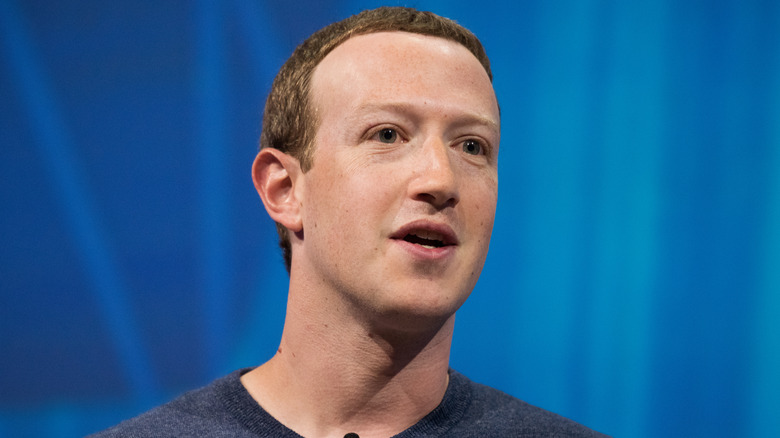The Real Reason These Social Media Platforms Went Away
Climbing the social media ladder isn't easy, but due to sheer effort, an easy-to-use interface (and perhaps a lack of transparency and ethics), royalty has emerged: Instagram, Facebook, and YouTube are all variations of content sharing platforms that dictate how we socialize with each other. Their notifications wake us up, tell us where to buy our coffee, and help us politely stalk our friends. As of this year, Facebook has 2,835 million monthly users worldwide, YouTube has 2,291 million users, while Instagram's bringing in 1,386 million to their screens, per Statista.
However, before these social media platforms monopolized the internet, there were a few other outlets that thrived but died. Anonymous profiles, animated avatars, and strange chatrooms were the champions of social media in the 2000s. We connected with each other on Friendster, wrote passive-aggressive away messages for our crushes on AIM, and displayed our online personalities on MySpace. They all played a very big role in the way we depended on the internet at the time — but weren't able to keep up.
Facebook doesn't do competition
Friendster could be described as the OG Facebook, and was created for people to network and find friends online. It had 3 million views in 2003, just a year after its launch — but increasing software glitches led to people preferring Facebook, a rising star at the time, according to the BBC.
MySpace also launched around that time, introducing unique features for people to display their favorite artists, musicians, and styles. By 2006, it was the most visited website in the United States — even more than Google, according to CBS News. However, as Facebook began redesigning its profiles to allow customization, per Time, MySpace began seeing fewer members. As of 2019, MySpace had 7.5 million monthly visitors, LifeWire notes — but it's nothing compared to what it used to be.
Facebook also launched Messenger in 2011, becoming stiff competition to AIM — a platform that was already struggling in a market full of instant messengers. The messaging app shuttered in 2017, with an emotional goodbye that marked the end of an era. Kik Messenger also shut down in 2019, due to its own in-house controversy, per BBC. Facebook was soon going head-to-head with Instagram — and obviously, that led to an immediate buyout in 2012 (via NDTV).
Apps like TikTok and Snapchat also gained popularity around 2018 — proving that any app that isn't doing exactly what Facebook is can possibly survive.

